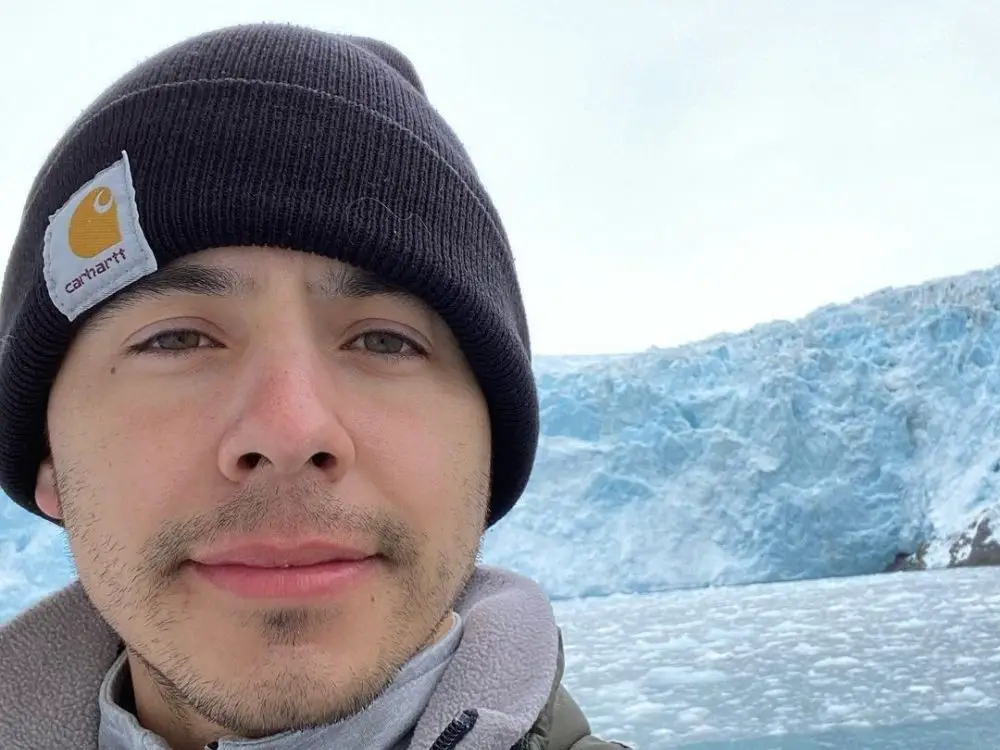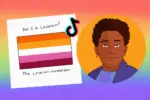On June 12, singer-songwriter David Archuleta, a man whose brand and career are inextricably intertwined with his LDS (formerly known as Mormon) faith, came out in an Instagram post as a member of the LGBTQIA+ community. He will inevitably face both criticism and hypervisibility not only from the public but from the very community that paved his way toward stardom.
Archuleta publicly debuted in 2008 as a vocal tour de force, placing second in Season 7 of “American Idol.” In his brief stint, he garnered a sizable fanbase that would later catapult him to extraordinary success in his subsequent career. His first album, “Crush,” debuted at No. 2 on the Billboard Hot 200, and he has released seven studio albums since.
As a member of the Church of Jesus Christ of Latter-day Saints, Archuleta made a concerted effort to celebrate and give back to the community that raised and supported him. In addition to serving an LDS mission, in 2010 he guest-starred at the annual Christmas concert of The Tabernacle Choir at Temple Square. His single, “Glorious,” was also featured in the 2014 documentary “Meet the Mormons.”
https://www.instagram.com/p/CQB0FNtlLrs/
Furthermore, Archuleta’s success has granted him what can only be described as unofficial sainthood within the LDS community. Hailing from Salt Lake City, which has the highest concentration of LDS people in the world, Archuleta’s name and music are ubiquitous among his religious peers. The sticky minivan speakers of suburban housewives, the iPods of adolescent girls and the halls of Temple Square share one thing in common: They play David Archuleta’s music.
The LDS church, like many Christian institutions, has a fraught history with the LGBTQIA+ community, marked by heightened levels of intolerance toward queer and trans people. The church recently conceded that they no longer consider same-sex attraction to be a sin, but still assert that acting on said attraction would be. Furthermore, in March of 2020, Brigham Young University, an LDS institution, removed language from its honor code prohibiting “all forms of homosexual intimacy.” As a result, many LGBTQIA+ students felt safe coming out to their peers. The university later revised the honor code to prohibit “same-sex romantic behavior” that could not “lead to eternal marriage,” consequently forcing its queer student body back into the closet.
https://www.instagram.com/p/CQHa4BZlo79/
In his recent post, Archuleta came out as LGBTQIA+, but skirted around concrete labels, stating that he came out as gay to his family in 2014, but he believes his attraction may fall somewhere on the bisexual spectrum. He also mentions that he doesn’t experience the same intensity of sexual attraction as most people, hinting that he may also fall on the asexuality spectrum. He then invited members of the church to “please consider making room to be more understanding and compassionate to those who are LGBTQIA+.”
“I don’t think it comes down to feeling you have to accept one or the other,” he said, reconciling his seemingly competing identities as a queer man and a Latter-day Saint. It’s a refreshing stance in a world where Christian culture and doctrine are often conflated with scathing homophobia. Nevertheless, the significance of Archuleta’s statements is twofold.
On the one hand, by coming out, he has the potential to save lives. Queer youth already experience exceptionally high rates of mental illness and suicide. Religious sects that condemn, or refuse to acknowledge, queer and trans identities only exacerbate these mental traumas. Archuleta took on the yoke of a role model early in his career, making his coming out even more powerful. LGBTQIA+ kids who struggle to find a sense of belonging now have a member of their community who will stand up for them and assure them that God loves them exactly the way they are.
Right?
The truth of the matter is more complex.
In a recent interview with Nightline, Archuleta shared that he repeatedly tried to “pray the gay away.” He struggled with his identity for years, to such a degree that he contemplated taking his own life. “Maybe it’s better that I’m not here anymore than to live in a way that isn’t how God would want me to be,” he said.
The LDS community responded to his admission with surprising warmth. Archuleta asserts that his experience coming out has been overwhelmingly positive. Nevertheless, Archuleta already occupies a position of privilege in the LDS community. His musical fame established him as a “local boy who made it big,” ingratiating him to the surrounding community. One can’t help but wonder, did Archuleta’s celebrity status cushion the blows that he might have otherwise faced from the LDS community?
Furthermore, the LDS church preaches celibacy except within the context of heterosexual marriage. Hence, Archuleta’s asexuality makes him more acceptable, as he never acts on his attractions. Archuleta’s interest is palatable to the surrounding community, as it remains asexual for the time being. While his queerness provides visibility to other LGBTQIA+ members of the church, it may not prove to be a catalyst for any significant ideological change in the LDS community.
Archuleta, whether by choice or by chance, has unwittingly taken on the load of representing what a queer person does and should look like. It’s a formidable undertaking, and the burden shouldn’t be his alone. Nevertheless, Archuleta is one of the only out LDS celebrities who has remained faithful to his religion. He is setting a precedent whether he likes it or not.
In reckoning with his own identity, Archuleta sets an example for all queer and trans people trying to do the same. In coming out of the chapel closet, he takes on the expectations and judgments of his entire community.
In his own words, Archuleta explained, “Christian culture” and “religious culture in general … you start to believe that just feeling is wrong and is evil and it’s corrupt and it’s a sin. And so, you think — I’m a goner.” Archuleta is left with a choice to make. Will he capitalize on his privilege, advocating for LGBTQIA+ people only when they follow the rules? Or will he take part in dismantling a cultural ideology rooted in homophobia?
For the sake of the “goners,” I pray he chooses the latter.

















